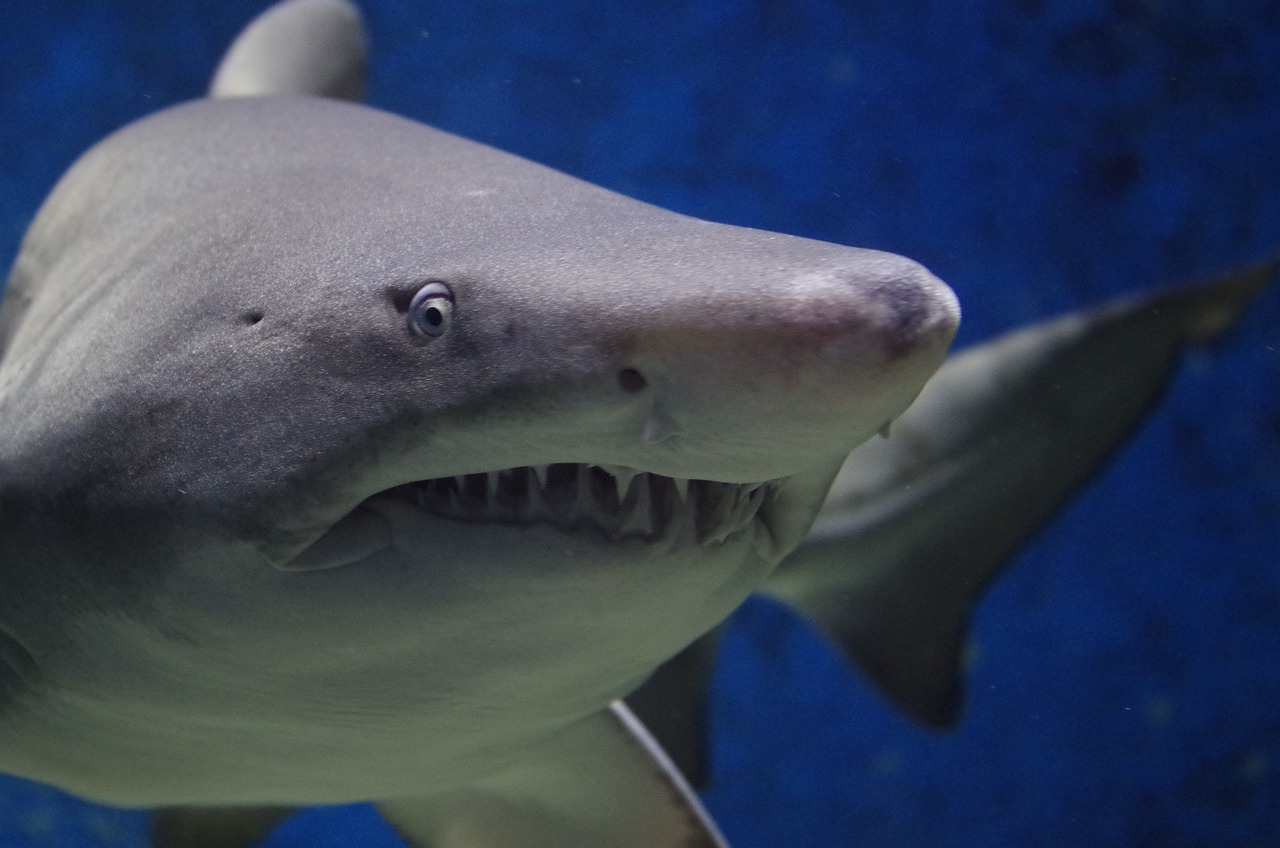It wouldn’t be Shark Week without some thrilling stories of sharks interacting with humans, from feeding frenzies to rare and horrific first-hand accounts of attacks.
However, this year’s Shark Week, airing next week on Discovery, has taken an interesting turn with attention-grabbing reports about the possibility of “cocaine sharks” consuming large bales of cocaine that occasionally wash up on Florida beaches.
Surprisingly, this speculation might not be as implausible as it sounds. In June alone, the Coast Guard seized over 14,100 pounds of the white powder from the Caribbean and Atlantic Ocean, as reported by Live Science.
To explore whether sharks would be attracted to the substance, TV personality and marine biologist Tom “The Blowfish” Hird teamed up with University of Florida environmental scientist Tracy Fanara for some intriguing but somewhat dubious-sounding experiments.
Using simulated packages of “cocaine” (no sharks were harmed during the making of this Discovery special), they tested whether the sharks would respond. Even when placed next to decoy dummy swans, the sharks swam directly to the bales, showing an interest in taking a bite.
“We have no idea what [cocaine] could do to the shark,” Hird admitted to Live Science. “So we can’t even say, well, this is a baseline and go from here,” he said.
After further attempts with bait balls filled with concentrated fish powder (the closest and safest alternative to feeding cocaine to sharks they could think of), the duo observed that the sharks acted unusually and became more erratic.
Whether or not these observations hold up to scientific scrutiny is up for debate. However, Hird urges audiences to consider the broader implications of ocean pollution.
“The deeper story here is the way that chemicals, pharmaceuticals, and illicit drugs are entering our waterways – entering our oceans – and what effect they could have on these delicate ocean ecosystems,” Hird told Live Science.
One thing’s for sure: the “Cocaine Bear” story from a few months ago has certainly captivated the public’s attention in a unique way.





